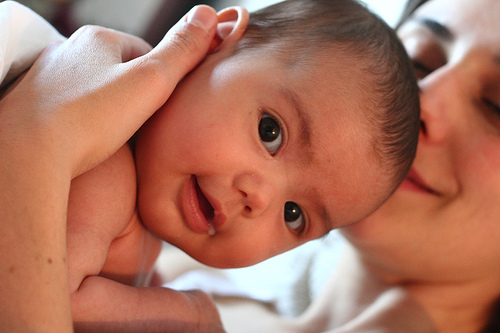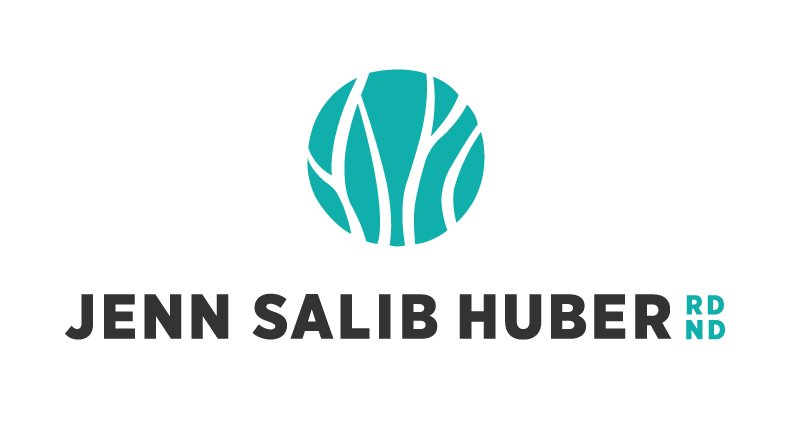Naturopathic post-partum care for Moms and babies
The post-partum period is a unique time in a mother's life - baby has arrived (but his/her arrival may not have been as expected), sleep is at a premium and sometimes feeding challenges arise. While many wom en have an uneventful post-partum recovery, most would agree that it's full of ups and downs and a little support can go a long way towards easing the way.As a result of working with women in the pre-conception and pregnancy phases of their lives, I also see a lot of women in the post-partum period for a variety of reasons. Here are some of the most common reasons why women seek out naturopathic care after baby is born.1. Breastfeeding challenges.Having breastfed all three of my children, I know that no two breastfeeding relationships are alike - each mother-baby dyad is unique. Here's a list of the most common issues that come up:
en have an uneventful post-partum recovery, most would agree that it's full of ups and downs and a little support can go a long way towards easing the way.As a result of working with women in the pre-conception and pregnancy phases of their lives, I also see a lot of women in the post-partum period for a variety of reasons. Here are some of the most common reasons why women seek out naturopathic care after baby is born.1. Breastfeeding challenges.Having breastfed all three of my children, I know that no two breastfeeding relationships are alike - each mother-baby dyad is unique. Here's a list of the most common issues that come up:
- Establishing breastfeeding - latch, positioning, frequency of feedings, etc. As part of naturopathic prenatal care, we try to discuss this in the 3rd trimester so that Moms and Dads can be best prepared before baby arrives. There are also several wonderful supports in the community that can help with this, including Public Health, La Leche League and the post-partum doula community. While it's impossible to predict what (if any) challenges will come up, lining up supports and establishing relationships ahead of baby's arrival can be very helpful.
- Establishing/maintaining supply - there are a variety of herbs and dietary recommendations that can help if low milk supply is suspected. Often times, supplements aren't necessary once a comfortable latch and efficient milk transfer is established.
- Thrush/yeast issues - thrush is not uncommon, especially if Mom received antibiotics during labour. Yeast can make breastfeeding painful for both Mom and baby and needs to be addressed quickly. Natural antifungal support, as well as probiotic support is most often needed.
2. Birth RecoveryRecovery periods vary from mother to mother, but can be longer if complications or intervention were required.
- Vaginal Birth: Pain due to tearing/stitches and hemorrhoids are the most common complications of a normal vaginal birth. Many non-drug options are available to speed up the healing process.
- C-Section Birth: Pain at the incision, infection and occasionally constipation due to pain medication are common.
3. Post-partum mood supportMost mothers experience some degree of "baby blues", while others suffer from post-partum depression. It's important not to "push through" these feelings as they can get in the way of both mother and baby's health. Diet, essential fatty acids, B vitamins and vitamin D can all help in helping Mom feel better. If post-partum depression is something you've had in the past, it can be very helpful to see an ND before subsequent pregnancies.The arrival of a new baby is a wonderful event, but it also comes with many changes to the family dynamic, not to mention sleep and eating habits! Should you need any support in adjusting to this new phase of life, please feel free to contact me to set up an appointment at 902.444.3303.
